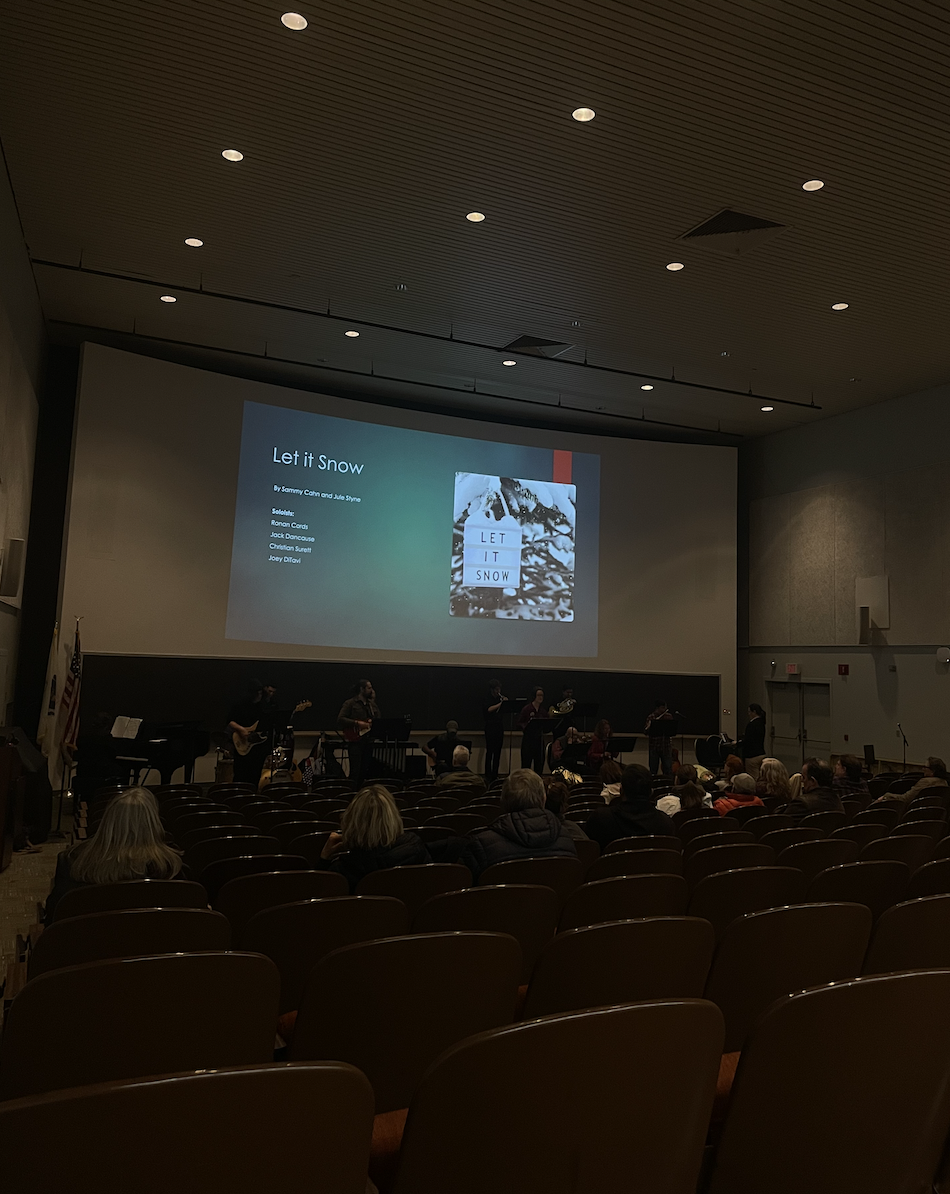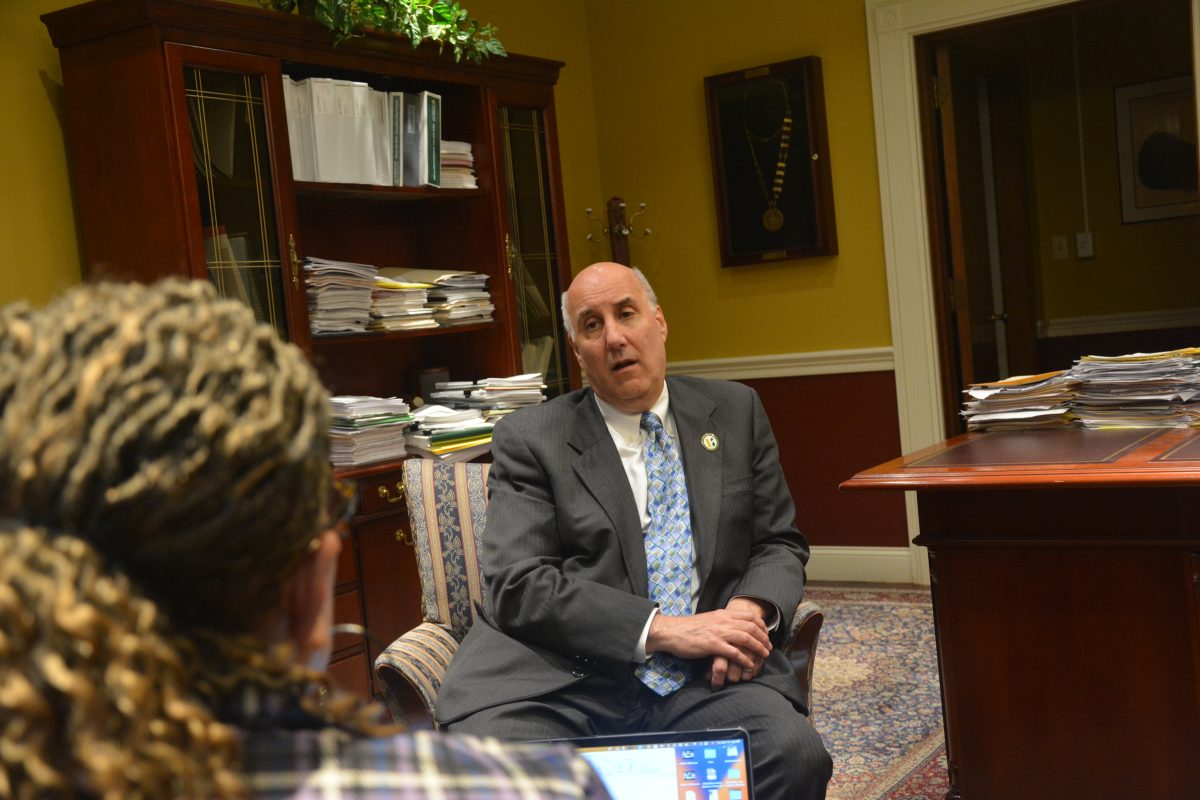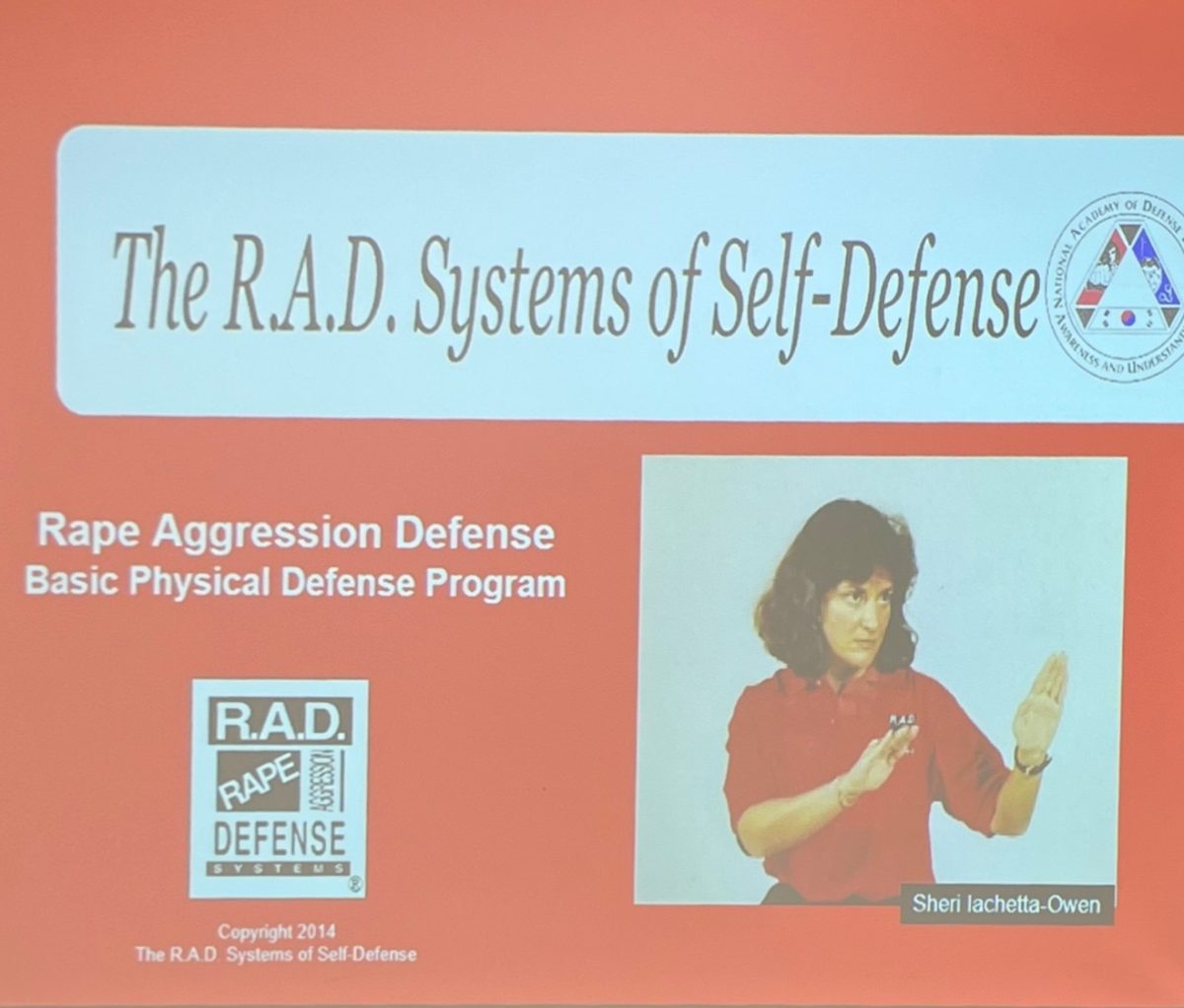By Alex Dulude

21-year-old Lulu Fu took the American name Abbey, made the 22 hour flight halfway across the world, and ended her journey on the campus of Fitchburg State University. For the Chinese international student, she could not be further from home but, like many foreign students new to the campus, is making strides to adapt to life in the U.S.
“I think ‘Lulu’ is childish,” Fu explained when asked about her adopted American first name. “‘Abbey’ was my English name for a long time in China for English class.” Fu also said that she uses ‘Lulu’ for her classes and ‘Abbey’ in less formal situations. It is not uncommon for Chinese international students to use more American names to help the assimilation process and to feel more at ease within the new culture.
Hailing from the Zhejiang province in the city of Hangzhou, Fu attends Zhejiang Gongshang University as a Communications major. “Teaching style is different. In China, everyone has a major. Like in my major, advertising, [I] have the same class for four years. Main class stays the same,” Fu said, describing how education differs in China compared to the United States. In China, roommates remain roommates for the full four years and are assigned by major.
Fu adds that she enjoys living on campus here, though there are significant differences. “Fridge and TV” are not allowed in Chinese dorms and instead of having one or two other roommates, Fu has three. There are also no dryers in China and instead residents “hang out clothes on the balcony,” which every room has. She has noticed that American students enjoy watching TV while Chinese students like “playing computer games and watching movies.”
Her time at Fitchburg has not been without some difficulties. However, learning English in China helped her better understand people while in America and paved the way to focus on more complex issues. “I should say it’s the culture that’s difficult when you learn the language,” Fu said. She also admitted that some people are harder to understand than others. She uses her phone to help translate English phrases into Chinese in order to better understand.
“I’m an exchange student but my pressure is not too much,” Fu said about her studies abroad. “Main goal here is to have fun for me.” Fu plans on finishing her last year in China and then returning to the U.S. for her Master’s degree. Unfortunately, some of Fu’s credits will be affected by the transfer from China to America. She plans on taking an extra class her senior year and will then take the TOEFL English-language test to help her get into graduate school. “I have a lot of things to do,” she said.
Coming to America was something Fu had thought about since freshmen year. She did not want to stay in China for all four years because it would be “too boring.” One of her biggest worries was food. “My sister studies in England for Master’s degree and she still can’t get used to foreign food.” Also she is nervous about the cold temperature of New England winters.
Fu’s assimilation to American culture is not a singular one. She is accompanied by Yun-qi ‘Claire’ Chen as well as other students from Italy. Fitchburg students are also encouraged to spend semesters abroad. A study abroad program allows college students the chance to see different parts of the world through the eyes of a resident, granting an access to the culture that would be hard to find elsewhere.

















